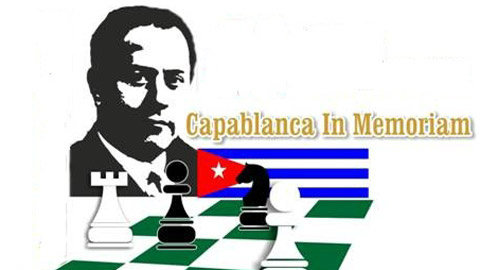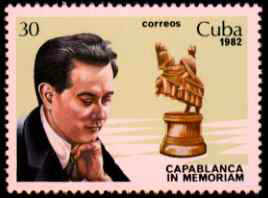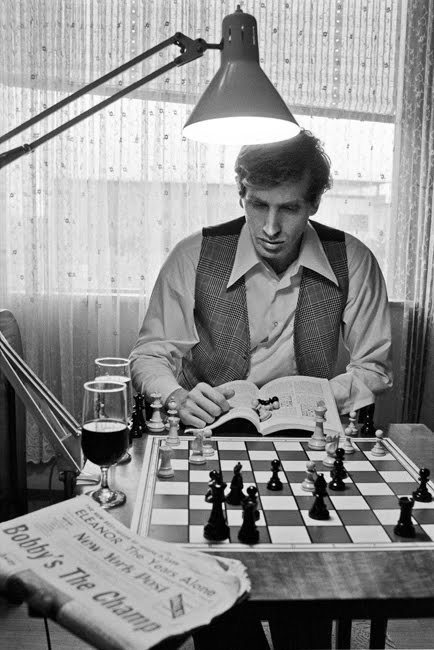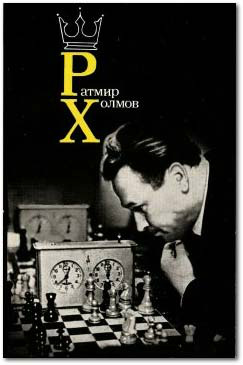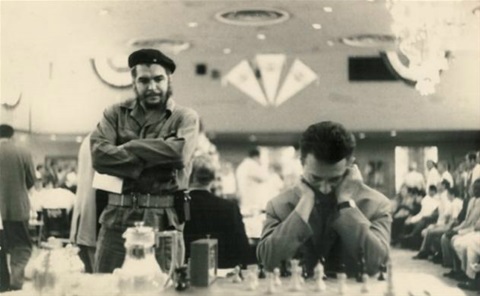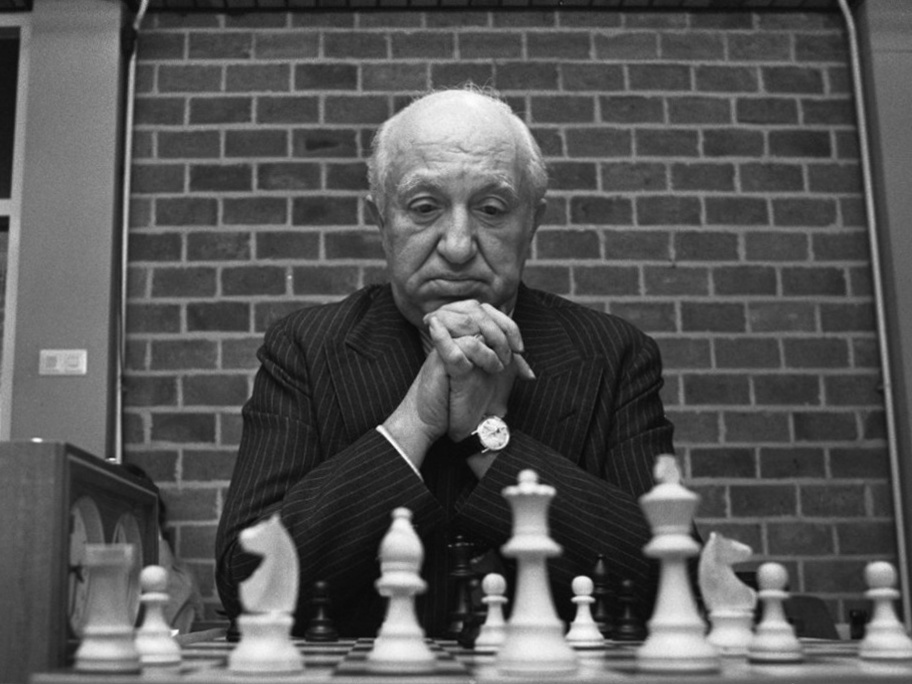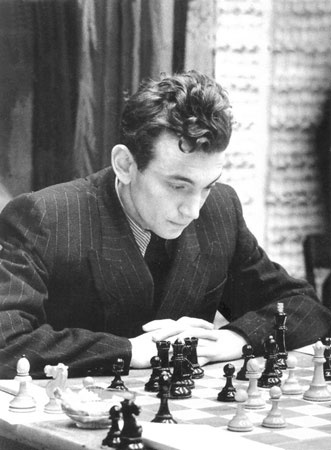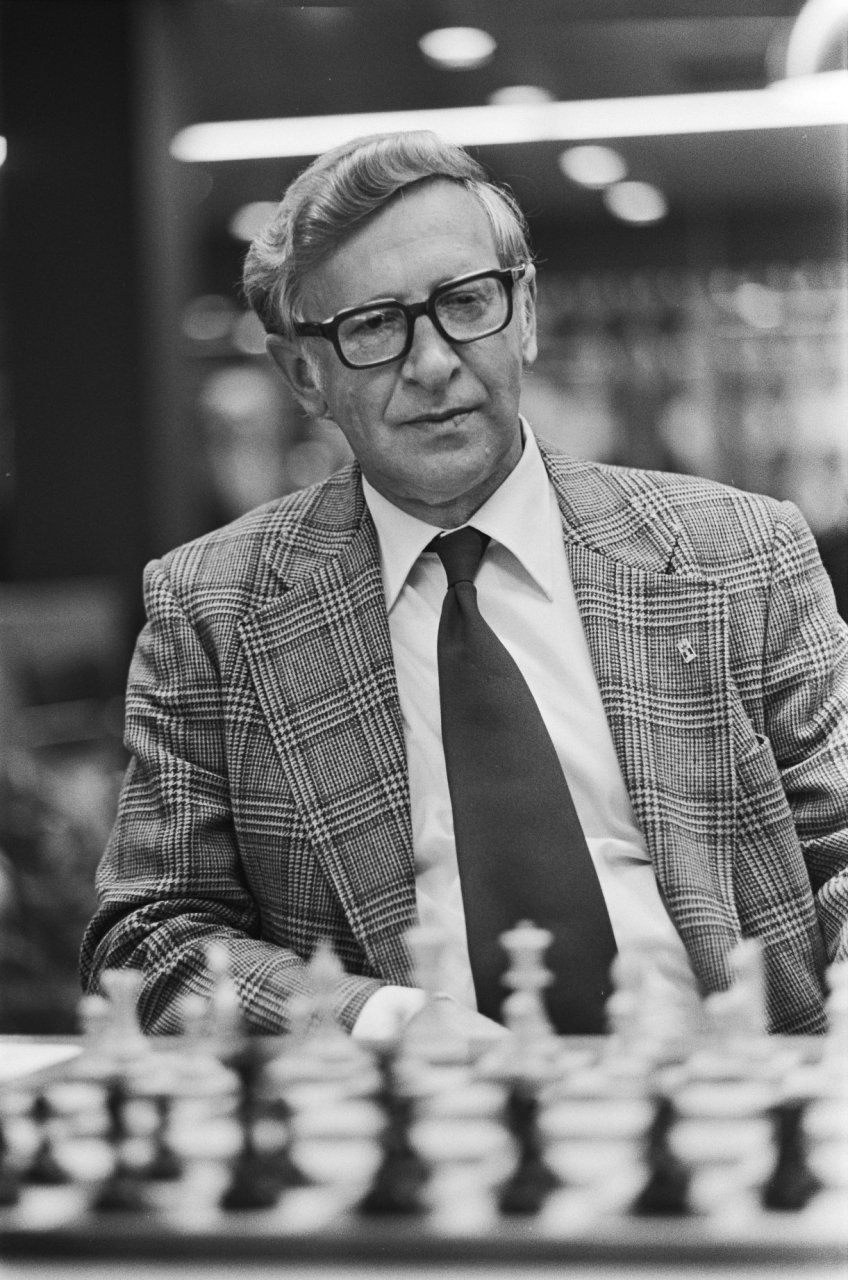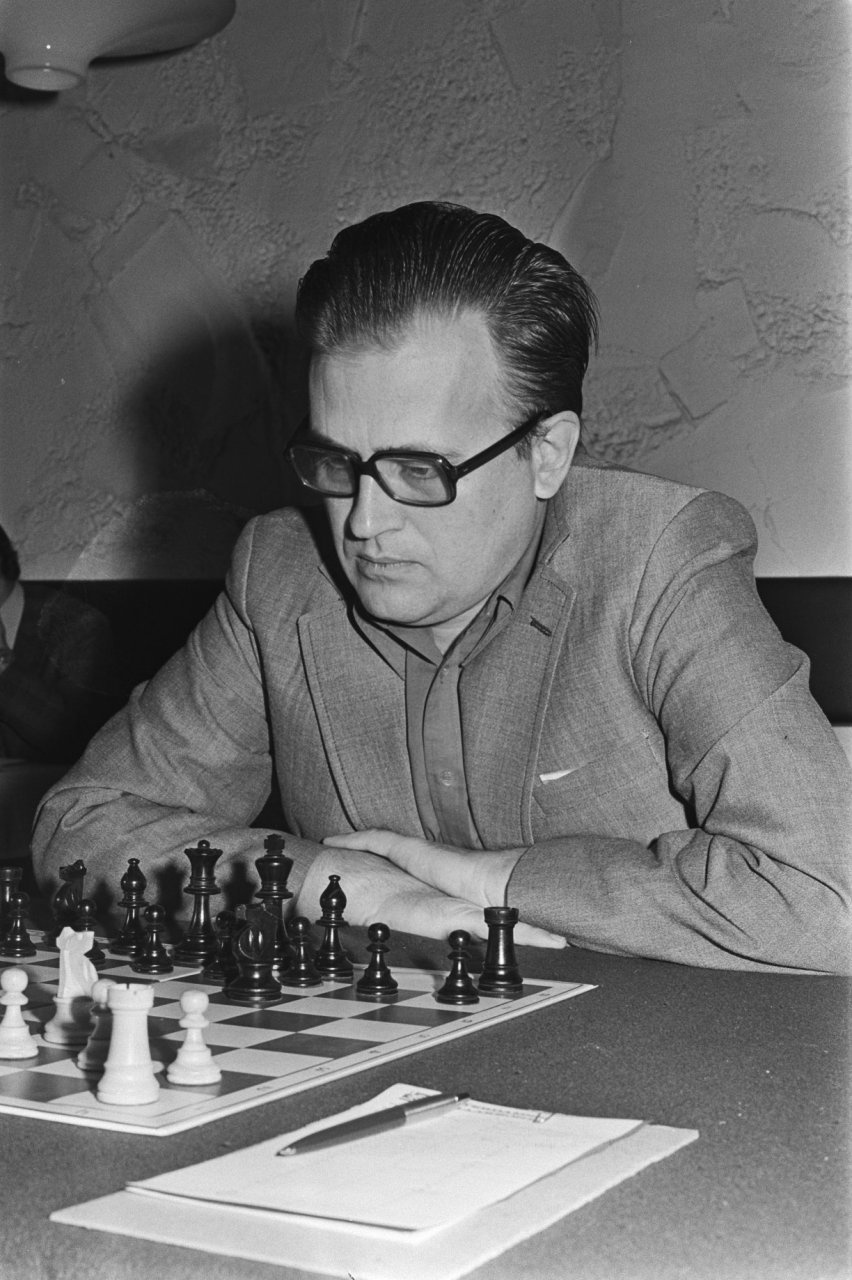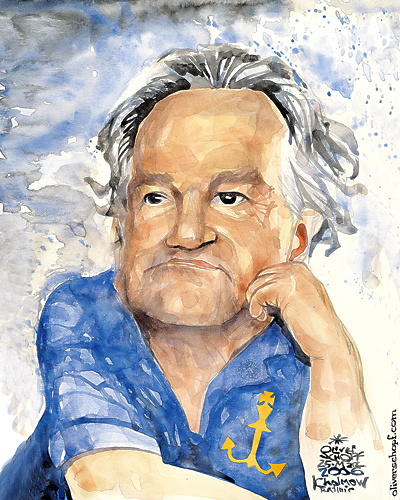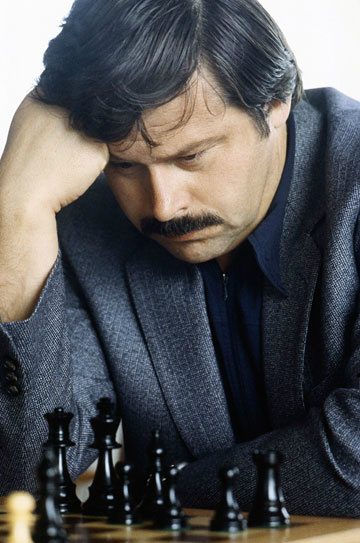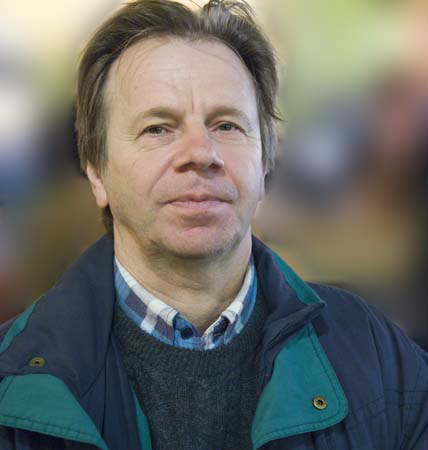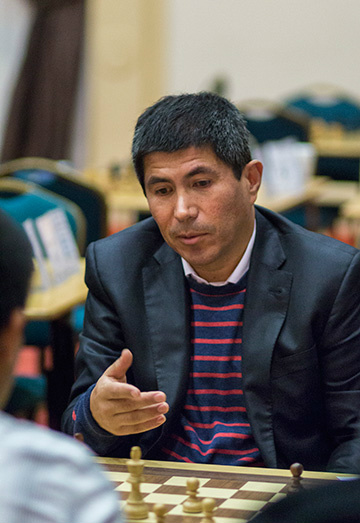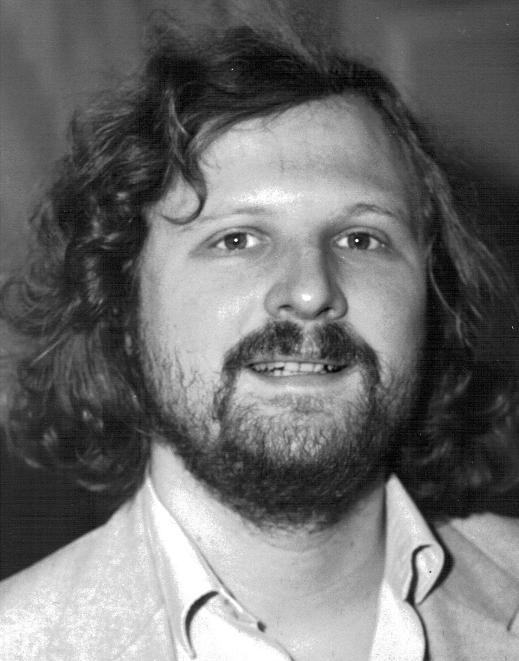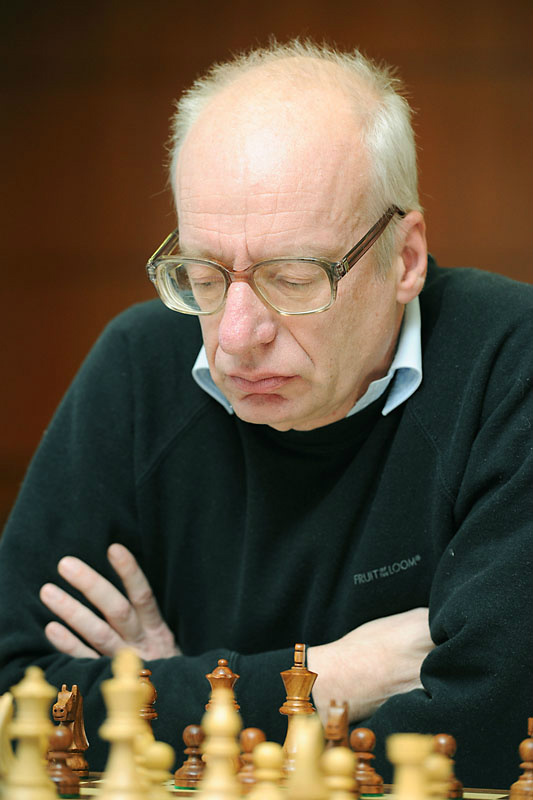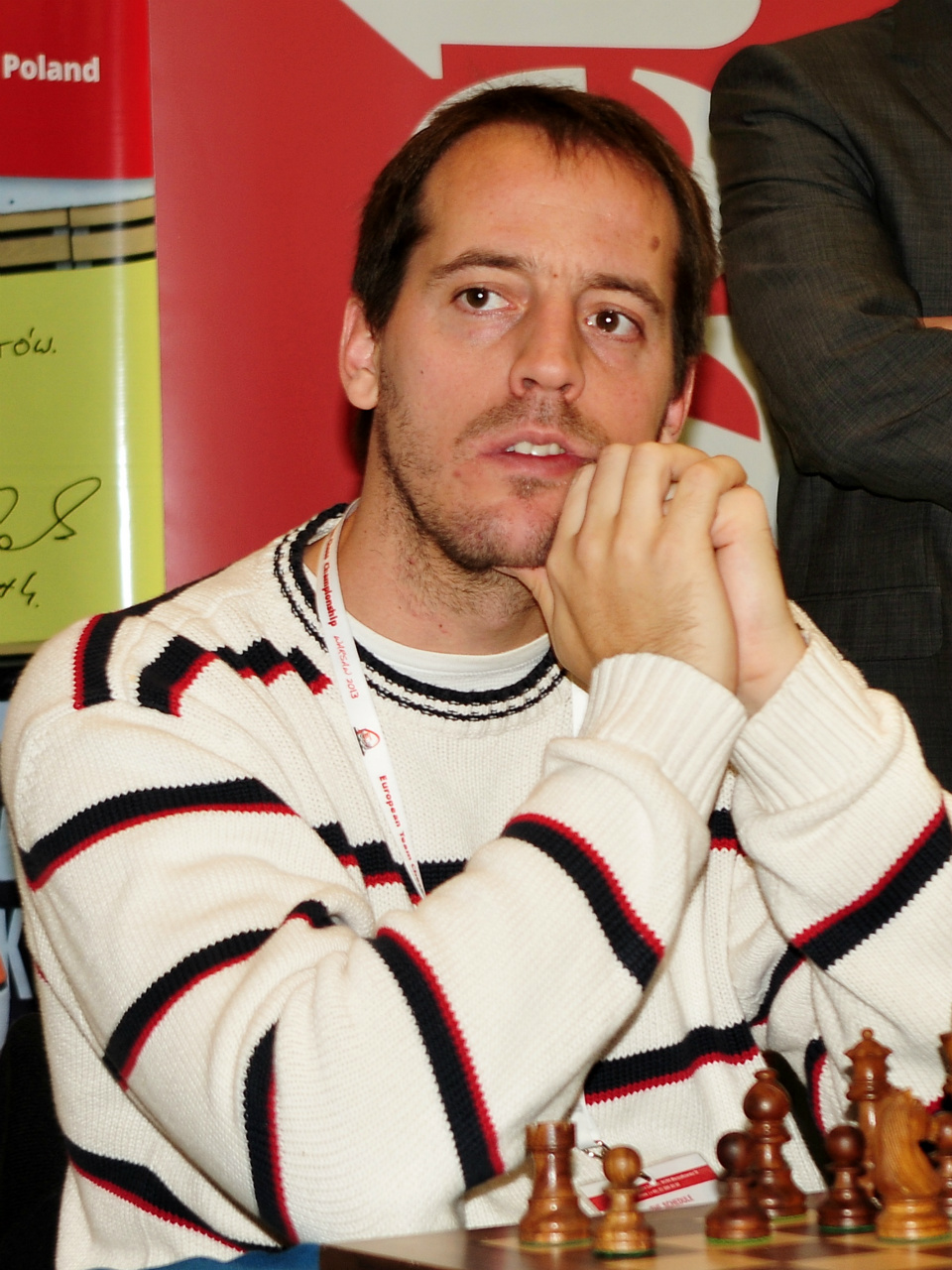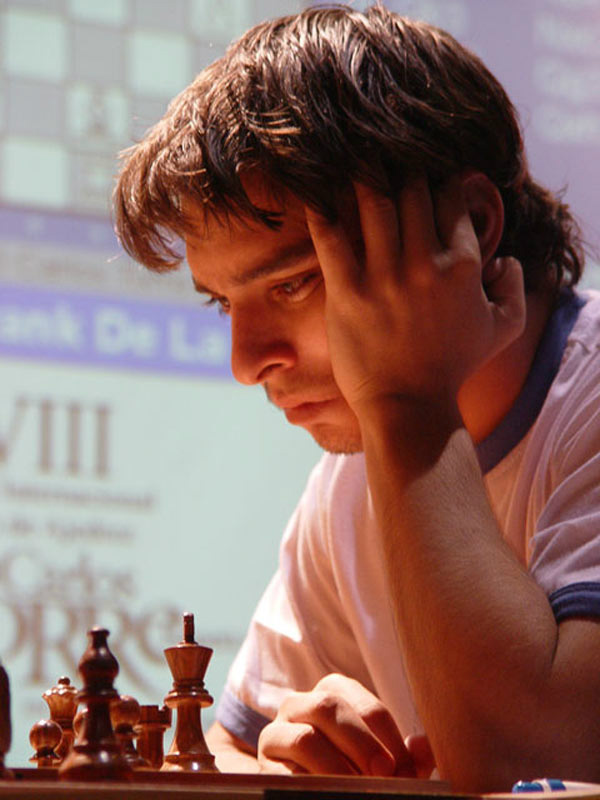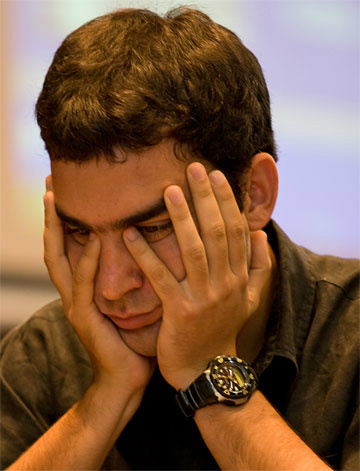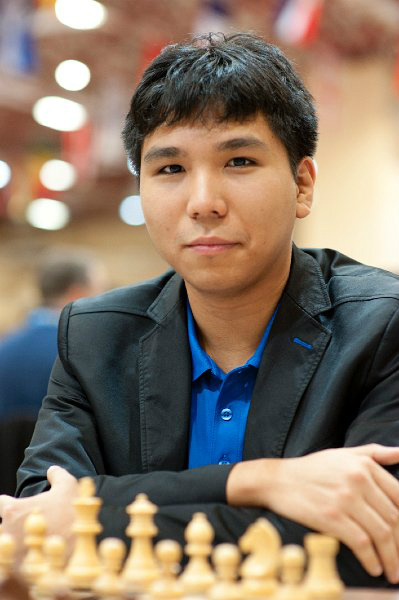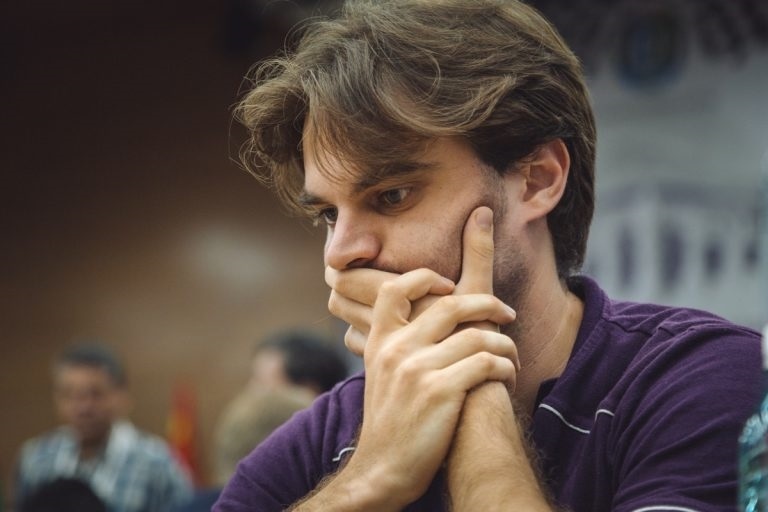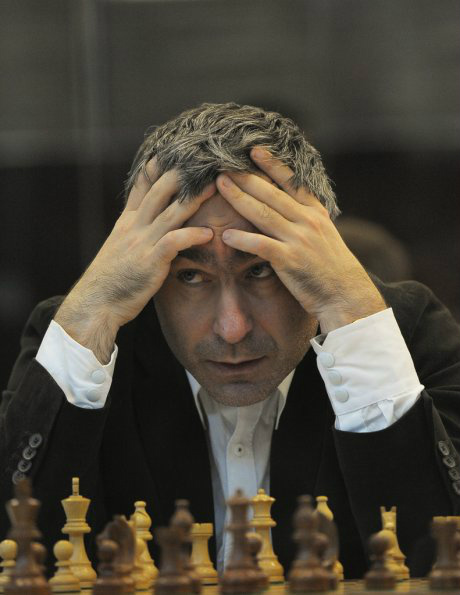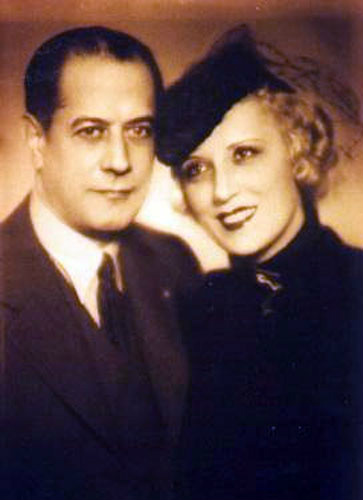Capablanca Mem, Havana et al. (1st 1962, 55th 2022)
Since 1962, the Capablanca Memorial is a major recurring international invitation tournament, honouring José Raúl Capablanca y Graupera, cuban chess world champion from 1921 (winning the title from Lasker) to 1927 (losing it to Alekhine) and often called “The Human Chess Machine”.
Capablanca (born in 1888, died in 1942) was renowned for his superior endgame skill, positional deepness and speed of chess.
He was exceptionally difficult to beat, staying undefeated over 63 serious games (+40 =23) between 10 February 1916, when he lost to Oscar Chajes at the Rice Memorial in New York and 21 March 1924, when he lost a famous game to Richard Réti in the New York International tournament won by 55-year old Dr. Emanuel Lasker. This invincibility streak of eight years thus included the World Championship match Capablanca against Lasker in 1921.
Long before the inception of the Capablance Memorial, the Havana Chess Club, formed in 1885, already hosted no less than three World Chess Championships: 1889 Steinitz vs. Chigorin, 1892 the second Steinitz vs. Chigorin match (both won by Steinitz), and 1921 the famous Lasker vs. Capablanca clash with the young cuban dethroning long-term reigning Emanuel Lasker.
Several smaller tournaments took part as well in those days in Havana, ie. in the year 1913 with Capablanca and Frank Marshall from the United States who also lost a famous match in 1909: http://www.chessgames.com/perl/chess.pl?tid=80449. Marshall showed no animosity against Capablanca over this clear defeat and the follwoing disputes on national / continental title claims, Marshall advocated the entry of the promising Cuban into the world class tournament at San Sebastian in 1911. Capablanca's triumph announced his arrival in the international chess elite.
Capablanca is recognized by Viktor Korchnoi as the greatest chess prodigy ever lived.
The Cuban Revolution and the Capablanca Memorial
Actually, the first international tournament to honor Capablanca, Havana 1952, took place ten years after his death and ten years before the start of the series, this prequel tournament was won by Reshevsky (best on tie-break) and Najdorf in a strong and international field, ahead of Gligoric as clear third, followed by Eliskases and Evans sharing fourth and fifth place; other players included Rossolimo, Pomar Salamanca, Horowitz, Prins, Guimard, and Edward Lasker.
A year later, the revolution broke out:
The Cuban Revolution (1953–59) was an armed revolt conducted by Fidel Castro's 26th of July Movement and its allies against the U.S.-backed totalitarian ruling of Cuban President Fulgencio Batista. The revolution began in July 1953, and continued sporadically until the rebels finally ousted Batista on 1 January 1959, replacing his dictatorship with a revolutionary socialist state in the Republic of Cuba. The 26th of July Movement later changed along authoritarian communist lines in the tradition Marxism-Leninism, becoming the Communist Party in October 1965, the only party permitted to rule . The Cuban constitution describes the role of the Party to be the "leading force of society and of the state". (Source: Wikipedia)
The launch of the current tournament series in 1962 was primarily an initiative of Ernesto "Che" Guevara. He could easily cover the costs as director of the National Bank and Minister of Industries, honouring José Raúl Capablanca y Graupera:
<< Before he founded a great chess tournament, Che Guevara came to Cuba as a guerilla, when the island was ruled by Batista and the mob. He was on his way to a big hotel, the Havana Hilton. It was opened in 1958, as another gambling hall. Revolutionaries took over the building within a year. The new government occupied one floor of the enormous hotel and renamed it Habana Libre.
When the political situation had stabilized, Che warmed up the government for a chess event. The Capablanca Memorial (in Memoriam) became the best paid tournament in the world. Ché Guevara could cover the costs as director of the National Bank and Minister of Industries. Twenty-two players from Europe, Latin America and Cuba conducted the first contest in Habana Libre from April until May 1962. Che Guevara was liquidated as a guerrilla in Bolivia shortly after the fifth event in 1967. Hereafter, the tournament looked like the Che Memorial. >>
Quotation from Endgame (Jan van Reek), and Chessgames
Ernesto Ché Guevara chess biography: http://www.chessgames.com/perl/chessplayer?pid=40280
Fidel Castro chess biography: http://www.chessgames.com/perl/chessplayer?pid=32337
The international chess tournament to honour the memory of Cuba’s great World Chess Champion José Raúl Capablanca (1888-1942) is organized since then annually with a few exceptions.
There was no invitation tournament in 1966 (famous Chess Olympiad at Havana), 1970, 1978, 1982, and in the years 2020 & 2021 due to worldwide Corona Pandemic.
Most tournaments (including the inauguration) are played in the Cuban capital Havana, but some editions also in Cienfuegos, Camagüey, Holguín, Matanzas or Varadero.
The first ten editions, are regarded as world-class tournaments, absolute elite events: Cienfuegos in 1973 was the last big event. Smyslov won a third time.
It moved to other cuban cities, too and was held during the seventies, eighties, and nineties mostly at port venues such as on the Bay of Matanzas. From 1974 on the series was split in several (less strong) tournaments. The country suffered severe economic crisis and international isolation under its dogmatic rulers. Top European players began to avoid the Memorial.
Silvino Garcia Martinez was the first Cuban to become a GM in the year 1975. Guillermo García González was the first Cuban winner in 1977 (together with Oleg Romanishin), and won again in 1980 in the second tournament. Amador Rodriguez Cepedes won twice in the 1980s, when for a brief period two closed tournaments of plus / miuns equal moderate strength had been organised as a Capablanca Memorial.
Longtime, Jesús Nogueiras was the dominant Cuban player, he also qualified for the FIDE Candidate's (1985) and the first GMA World Cup cycle (1988/89). Walter Arencibia had won as first Cuban the World Junior Chess Championship in 1986.
In the 1980s the Memorial tournaments has become comparatively weak. During the second half of the eighties, most players and winners were Latin Americans. The participation of globetrotter Anthony Miles, the first British born (English native) grandmaster, gave a new impulse to the event, he won or co-won four times in 1994, 1995, 1996, and 1999.
Furthermore, in the the new millenium, two new Cuban chess top talents emerged: Lázaro Bruzón (World Junior Chess Champion in 2000) and Leinier Domínguez Pérez, who is a thrice winner at the Capablanca Memorial.
Since 1998, the series has usually been played again in the cuban capital Havana and regained a lot in status and strength, especially since the mid-2000s. In general, efforts to improve diplomatic relations obtained momentum. Today, the Capablanca Memorial in the Elite section can certainly be considered as an invitational supertournament of modern type and its participants normally achieve an ELO average higher than 2700.
In June 2015, the 50th anniversary edition of this traditional tournament took place in Salón Embajadores in Hotel Habana Libre in Vedado, a central business district and modern urban area of Havana. Yu, Yanghi of China has taken the strongest Capablanca Memorial for some years (a six-player double-round all-play-all with Leinier Dominguez Perez and Lázaro Bruzón Batista of the host country, Russians Ian Nepomniachtchi and Dmitry Andreikin and Ukrainian Pavel Eljanov) in the Elite section by storm and won convincingly with 8.5/10 points. Vitaly Kunin, Russian born grandmaster, playing for the German federation, won the Premier section outright.
After an impressive jubilee at Havana in 2015, the traditional series stepped for its 51th edition in 2016 and its 52nd edition in 2017 anew to Varadero. Since 2018, the tournament returned to Havana.
The Capablanca Memorial was one of a very few international tournamants, mostly offering a closed invitation B section, in a mix for local (latinamercano) hereos, aging stars and promising youngster, ie. Jeffery Xiong, America's next top chess prodigy, took benefit at the tender age of 15, he is born in October 30, 2000, he won the Premier (B-group) of the 2016 Memorial at Varadero as clear first. Jeffrey Xiong is currently one of the Young Stars – Team USA program that has been sponsored by the Kasparov Chess Foundation (KCF) and the Chess Club & Scholastic Center of Saint Louis (CCSCSL). A group of young and promising chess players are assessed and evaluated by Garry Kasparov himself, along with KCF President and FIDE Senior Trainer Michael Khodarkovsky.
The main GM group today is officially named 'Grupo Elite', frequently there are several events played during the Festival, that means the so-called 'Grupo Premier' is equivalent to the B-group, 'Grupo Abierto' stands for the (amateur) open sections. Since 2017, there is no longer a closed B-group, but an Open featuring several grandmasters.
Record winner of the Capablanca Memorial is Vassily Ivanchuk, Ukraine, with an incredible eight tournament wins in the years 2005, 2006, 2007, 2010, 2011, 2012 (all editions played in Havana), in 2016 (played in Varadero), and in 2019 (again in Havana).
22 players in a closed invitation tournament
The first serial Capablanca Memorial 1962, just months before the Cuban Missile Crisis, also held in the Hotel Habana Libre in Havana, lined-up 22 participants (involving many Soviet and top level GM as well as local players) in an all-play-all (round robin)! Those were the days.
The tournament was won by legendary Miguel Najdorf from Argentina (the outbreak of World War II found him in Buenos Aires, where he was playing at the Chess Olympiad, representing Poland; he was Jewish, and decided to stay in Argentina, suffering considerable personal and familial loss, but escaping the Holocaust) in a field of 22 participants (!) as clear first half a point ahead of Lev Polugaevsky and Boris Spassky (both USSR), followed by Svetozar Gligorić (Yugoslavia) and Vasily Smyslov (USSR), then Borislav Ivkov (Yugoslavia), and others. The co-winner from Havana International 1952, US-grandmaster Samuel Reshevsky, was not invited.
Viktor Korchnoi (USSR) won the second Capablanca Memorial in 1963 outright, the runner-up prizes went shared to Efim Geller (USSR), Ludek Pachman (CSR), and Mikhail Tal (USSR) in a strong and large-sized field of again 22 participants.
Vasily Smyslov (USSR) and Wolfgang Uhlmann (GDR) were the Memorial co-winners in 1964, ahead of Mark Taimanov (USSR).
The next tournament was another interesting installment, because US-American Bobby Fischer was invited and accepted - but he was not present physically in Cuba, read more now.
Bobby Fischer
The fourth tournament held in Havana 1965 was marked by an unusual circumstance. U.S. Champion Bobby Fischer had been invited to play and was offered a $3000 appearance fee, but the United States Department of State would not allow him to travel to Cuba due to tension in Cuba — United States relations. American Grandmaster Larry Evans had been permitted to play in the tournament the year before, as he was also acting as a journalist.
Fischer instead then played his games by telex from the Marshall Chess Club in New York City. Capablanca's son Dr José Raúl Capablanca Jr relayed the moves in Havana. When Fischer's participation seemed assured, Cuban President Fidel Castro called it a "great propaganda victory for Cuba", making headlines. When Fischer heard of this, he cabled Castro threatening to withdraw unless Castro stopped making political statements about Fischer's participation.
A cabled reply from Castro eased Fischer's concern and he joined the field of 22 players, with thirteen Grandmasters and seven International Masters.
Former World Champion Vasily Smyslov (USSR)
won the tournament again and this time outright. Borislav Ivkov (Yugoslavia), Efim Geller (USSR), and Bobby Fischer (USA) shared second through fourth, a half point behind. Fischer was playing his first international tournament in three years.
(Source for the 1965 Havana tournament and the following Kholmov biography: Wikipedia)
Ratmir Kholmov
Kholmov, winner of the Capablanca Memorial in 1968, is one of the most prominent forgotten grandmasters
Ratmir Kholmov (USSR) defeated Bobby Fischer and finished undefeated sole fifth in this tournament 1965. Kholmov won many international tournaments in Eastern Europe during his career, and tied for the Soviet Championship title in 1963, but lost the playoff. Kholmov never competed in the West during his career peak, being confined to events in communist countries. His chess results were impressive, so this may have been for security reasons, as he had been a wartime sailor.
In 1968, Kholmow achieved one of his finest international results, winning the 6th Capablanca Memorial in Havana. He was one of the strongest Soviet players from the early-1950s well into the late-1970s.
He scored wins over World Champions Petrosian, Spassky, Tal, Fischer, and Kasparov! He also beat Korchnoi, Keres, Geller, Bronstein, Stein, Polugaevsky, Beliavsky and many other strong soviet players.
Chessmetrics (Historical ELO by Sonas) statistically estimates his retroactive ranking at a minimum of Top 25 in the world from mid-1950s to 1970, with his peak ranking being 8th of the world in 1960–61. Ratmir Kholmov stayed active in competitive chess right to the end of his life, and maintained a high standard.
Chess Olympiad
Havana hosted the 17th Chess Olympiad, between October 23 and November 20, 1966, as well as several other events designed to promote the game of chess in Cuba. Organized by the Castro brothers Fidel & Raúl and Che Guevara with the help of military staff, it was an immense propaganda success for the country and reigning regime.
The Soviet team with world champion Tigran Petrosian (individual board gold), Boris Spassky, Mikahil Tal (individual board gold), Leonid Stein, Viktor Korchnoi (individual board gold), and Lev Polugaevsky (individual board gold), lived up to the expectations and won their eighth consecutive team gold medals, with the United States and Hungary taking the team silver and bronze, respectively.
Mikhail Tal was beaten up in a bar shortly before the Olympiad and missed the first four rounds due to his injuries. Those were the chess days: youngsters Mikhail and Viktor were dancing, drinking, smoking, and chasing girls :)
Albo d' Oro
Miguel Najdorf, il grande maestro, winner of the inaugural Capablanca In Memoriam, La Habana, in 1962 (picture from 1973 at Hoogovens)
Most tournament wins achieved Vassily Ivanchuk (Ukraine) who did win incredible eight times (2005, 2006, 2007 in a row, then again 2010,
2011, 2012 in a row, in 2016, and in 2019).
Tony Miles (England) did succeed four times (1994, 1995, 1996, 1999); Vasily Smyslov (USSR), Carlos Garcia Palermo (ARG), and Leinier Domínguez Pérez (Cuba) are threee times winners (always including shared wins - there was no play-off).
Further notable winners include twice winner Viktor Korchnoi (USSR), Bent Larsen (DAN), Wolfgang Uhlmann (GDR), Vlastimil Hort (CSR), Ratmir Kholmov (USSR), Alexey Suetin (USSR), Anatoly Lein (USSR), Boris Gulko (USSR), Oleg Romanishin (USSR), Evgeny Sveshnikov (USSR), twice winner Ulf Andersson (SWE), twice winner Alonso Zapata (COL), Ľubomír Ftáčnik (CSR), Vitaly Tseshkovsky (USSR), Lev Pskahis (USSR), Rainer Knaak (GDR), Borislav Ivkov (YUG), twice winner Julio Granda Zúñiga (PER), Henry Urday Caceres (PER), Zurab Azmaiparashvili (USSR), Mark Hebden (ENG), Loek van Wely (NED), Zoltán Almási (HUN), Peter Leko (HUN), Robert Hübner (GER), Ivan Morovic Fernandez (CHI), Francisco Vallejo Pons (ESP), twice winner Guillermo García González (CUB), Lázaro Bruzón (CUB), and legendary Miguel Najdorf (ARG), the first winner of the series.
And in recent years:
Winner of the 49th Capablanca Memorial 2014, played in Havana is Wesley So from the Philippines (winning just before he announced switching his Federation to play for the USA).
Triumphator of the jubilee 50th Elite edition in 2015 is Chinese Yu, Yangyi (born in 1994, the Junior World Champion in 2013 and clear winner of the strong Qatar Masters Open in 2014), he is also the first Chinese player to win this traditional tournament.
After taking place in the Cuban capital of Havana for around fifteen years, the tournament has moved in 2016 to the beach resort of Varadero, where it’s being played in the Barceló Solymar Arenas Blancas Hotel. Ukrainian Vassily Ivanchuk took the traditional tournament in great style, his seventh win!
Routinier Krishnan Sasikiran became the first Indian player to win the Capablanca Memorial in its 52th edition, ahead of top seed Vasily Ivanchuk of Ukraine, and Samuel Shankland of USA who were joint runners-up at Varadero in 2017.
Two weeks after his surprising success at the U.S. championship 2018, Sam Shankland went on to win the 53rd Capablanca Memorial in 2018, played again in Havana. The main Elite Group was a six-players double round robin with the average Elo 2649. Shankland won with a score of 7.5/10 and a 2829 Elo performance rating, the American grandmaster entered the world's top 30.
On March 18th, 2019, Vassily Ivanchuk turned 50. What better way to celebrate than to travel down to Havana to win his eight tournament title in Cuba at the Capablanca Memorial! After scoring a clutch victory over Baskaran Adhiban (India), Vassily Ivanchuk (Ukraine) won his eight Capablanca Memorial title as clear first in 2019. Samuel Sevian (USA) and David Anton Guijarro (Spain) shared second place.
Due to worldwide Corona Pandemic, there were no Memorials in the years 2020 and 2021.
Hans Moke Niemann (United States) won the tournament of 2022 in great style with 7.5/9, unbeaten two full points ahead of Shekhar Ganguly from India, Vasif Durarbayli from Azerbaijan and Cubans Luis Ernesto Quesada Perez Surya who shared second to fourth places. Niemann, a young American grandmaster on fire, his Elo performance rating was 2857.
World Chess Champions Mikhail Tal, Boris Spassky and Bobby Fischer, all took part at Havana but <did not win> !! Neither Alexander Beliavsky, Lev Polugaevsky, Artur Jussupow, Leonid Stein, Efim Geller, Mark Taimanov, nor Ludek Pachman, Lajos Portisch, László Szabó, Svetozar Gligoric won this traditional tournament.
Euwe, Botvinnik, Petrosian, Karpov, Kasparov, Kramnik, Anand, and Carlsen did never take part.
Viktor Korchnoi played and won twice, as mentioned in 1963, clear first ahead of shared 2.-4. Efim Geller (USSR), Ludek Pachman (CSR), and Mikhail Tal (USSR) in a field of 22 participants, and again in 1969 shared with Alexey Suetin (USSR), ahead of Svetozar Gligorić (Yugoslavia), followed by shared placed Dutch Jan Hein Donner and East German Wolfgang Uhlmann, winner at Havana together with Smyslov in 1964.
This is the fourth longest major recurring international classical chess tournament in annually tradition still existing.
Havana
José
Raúl Capablanca (Wikipedia)
Capablanca Memorial (Wikipedia)
http://torneocapablanca.inder.cu
(Tournament Homepage, Elite, Premier, Open)
http://www.endgame.nl/capamem.htm (Survey by Jan van Reek, inactive)
https://chess24.com/en/read/news/ivanchuk-on-the-rampage-in-cuba (with
map)
http://www.universodelajedrez.com/capablanca-jugada-a-jugada/ (Capa - move by move, book)
http://www.chess.com/blog/batgirl/chess-in-cuba
(as usual a brilliant writing by <Batgirl>, highly admired blogger within the community in www.chess.com)
Julio Ernesto Granda Zúñiga, first Peruvian grandmaster (Esteban Canal was International Master and awarded Honorary Grandmaster) and twice winner of the Capablanca Memorial in the years 1986 (shared) and 2003 (outright), both played in Havana. Julio Granda is considered to be one of the greatest "natural" players (as Sultan Khan and Capablanca) in chess history. In September 2014 for the first time the oldest player in the top Hundred of the World
Tony Miles, four times winner of the Capablanca Memorial in the years 1994 (shared), 1995, both played in Matanzas, 1996 in Ciengfuegos and finally 1999 in Havana.
Miles won more than ten supertournaments (twice at IBM-Amsterdam, twice at Tilburg, twice at Biel, at London Phillips & Drew Kings, Las Palmas, Vrbas, Baden-Baden, Vidmar Memorial and four times the Capablanca Memorial in the 1990s). He was Junior World Chess Champion in 1974, and the first ever English native Grandmaster otb. Miles played in an extraordinary number of chess events during his career, including many arduous weekend tournaments.
Anthony "Tony" Miles was born in Birmingham, England. At the age of five, Miles was taught chess by his father. He was educated at King Edward's school in Birmingham, and went on to study Mathematics at Sheffield University, declining an offered place at Oxford. He never finished his university education, opting to become a professional chess player instead.
In 1968, Miles won the British U-14 Championship, and the British U-21 Championship in 1971. He debuted in the British Championships 1972, scoring 50%. The next year, Miles went on to share 4th at Lone Pine 1973, won the Silver medal at the Junior World Championship in Teesside 1973 and beat the tournament winner Alexander Beliavsky in their individual encounter. He also won at Birmingham 1973 International tournament ahead of Andras Adorjan and Arthur Bisguier and lost not a single game in 11 rounds, and again at Birmingham 1974 ahead of Tringov.
Junior World Champion: Anthony Miles won the Gold medal at the World Junior Chess Championship in Manila 1974 with a 1.5 point margin. Miles shared second place at British Championship in 1975 (and won the national title in 1982, see below).
Britain's First Chess Grandmaster: Miles achieved his first GM norm by winning London 1975, ahead of Timman, Adorjan and Sax and later Tony Miles became Britain's first home-grown over-the-board Chess Grandmaster, after finishing shared third at Dubna in the USSR in February 1976 in an event won by Tseshkovsky, including also Suetin, Savon or Kholmov. Miles received a £5,000 award for this feat from James Slater, a wealthy businessman and chess backer.
Note: The naturalised, German-born Jacques Mieses was awarded the GM title in 1950, while Keith Richardson had been awarded the GM title for correspondence chess earlier in the 1970s.
Miles immediately became one of the world's best chessplayers: His first great international invitation tournament win was IBM-Amsterdam 1976, where he shared first place with Viktor Korchnoi. He shared 2nd place at Lone Pine 1976, and won again at IBM-Amsterdam 1977 and Biel GM 1977. Miles came in 2nd at Tilburg Interpolis 1977, shared 4th at Buenos Aires (Konex) 1979, shared 2nd at Buenos Aires (Clarin) 1979 and sole 2nd at Lone Pine 1980.
The European Team Championship 1980 in Skara, Sweden saw England paired against the USSR. Most crucial for England's 4.0-4.0 draw in the match, was Miles' spectacular win over World Champion Karpov, replying to 1.e4 with 1...a6.
In 1980 in London (Phillips & Drew Kings) 1980, he tied for the first place with Andersson and Korchnoi. Miles also had good results at Las Palmas 1980, sharing 1st with Tigran Vartanovich Petrosian and Efim Geller, and scored +4 -1 =6 at Vrbas 1980, ahead of Petrosian. He finished Baden-Baden 1981 unbeaten and equal 1st together with Zoltan Ribli, ahead of Korchnoi.
Miles won his first and only British Championship title in 1982. He won the event which took place in Torquay with a score of 9/11 a point clear of Speelman. For a player who was England's top player for a decade it seems strange that Miles only won the title once.
He shared 1st with John Nunn at Biel GM 1983. In 1984, he finished 2nd behind Karpov at Oslo, before winning Tilburg Interpolis 1984 (Kasparov, Karpov and Korchnoi were absent) as clear first by 1.5 points, which was called his "best result" by Barden.
In addition, Miles scored +1 -0 =3 at USSR vs. Rest of the World in 1984 played at London. He had three draws with Yusupov and beat Romanishin in the fourth round, thus winning individually his board. A remarkable event was his 22-board Blindfold Simul in Roetgen, Germany on 20 May 1984. Miles scored +10 -2 =10 during the 11.5 hours lasting Simul, while in a sound proofed booth and without access to score sheets.
At Tilburg Interpolis 1985, Miles shared 1st with Robert Huebner and Korchnoi, beating the latter in both games. After a bad start, Miles injured his back and started a winning streak when playing on a hospital massage table. At Vidmar Memorial, Ljubljana Portoroz 1985, Miles shared the first place with Portisch and Ribli in a pretty strong field including Smyslov. In 1986, Miles came in shared 2nd at Dortmund, but lost a match in Basel against World Champion Garry Kasparov by the brutal score of +0 -5 =1, remarking afterwards: "I thought that he was 'only' the World Champion. When I came to Basel, I met some kind of monster with one hundred eyes, which do not miss anything at all."
Despite his many excellent results, he never became a World Champion Candidate, although he participated in four Interzonals. He played in Riga 1979 scoring 9/17, Tunis 1985 around 50%, Zagreb 1987 6.5/16 and Manilla 1990 6.5/13 (swiss system); plus once in the new format FIDE knockout event in 1999 when Miles was eliminated by Krasenkow in the second round after a speed play-off. Leonard William Barden explained: "The problem was that he (Miles) globetrotted too much, travelling from one tournament to another with hardly a break, leaving insufficient time for preparation and rest."
Miles beat six World Champions in classical chess: Smyslov, Tal, Spassky, Karpov, Kramnik, and Anand.
His highest ranking was no. 9= of the world in 1986, Jan-June. Best ELO 2635 in 1996.
A new generation of British chessplayers, among them Nigel Short began to overtake him. After Miles was hospitalised because of a mental breakdown in late 1987, when he was no longer top board of the English Olympiad team, Miles moved to the United States and also settled in Germany. He finished last in the 1988 U.S. Championship, but continued to play there and had good results in open tournaments all over the planet (eg. clear first at the strong Rome Open 1990, edging out among others Oll who was second, Bareev, Chernin, rising Anand, and the veterans Smyslov and Bronstein).
In 1991, Miles played in the Championship of Australia, but eventually moved back to England and began to represent his native country again. Miles' chess suffered after the scandal, but when he was back in Birmingham, his results improved again. He shared 3rd behind Karpov and Ulf Andersson at Biel GM 1990 and 3rd at Biel GM 1992, and also played for England team again. At Malmö, Sigeman & Co. in 1996, Miles was clear runner-up behind Korchnoi.
Miles won the Capablanca Memorial four times, in 1994, 1995, 1996 and 1999. Miles was equal first at the very strong Cappelle-la-Grande Open in 1994, 1995, and 1997. He had another great moment at the PCA Intel Rapid Chess Grand Prix 1995 in London, where he knocked out Vladimir Kramnik in round 1, and was only stopped by Michael Adams in the semi-final. Miles went on to participate in tournaments, but his interest in chess waned: "I am playing more bridge than chess these days (bit bored!)." His last tournament victory was the 2001 Canadian Open Chess Championship (joint with Larry Christiansen).
Miles' achievement seemed to aid others in British chess as in the next five years Keene, Stean, Nunn, Mestel and Speelman were to follow him to the GM title. During the 1980s, there was considerable rivalry with Nunn over who was the United Kingdom's best player. Nigel Short and Jonathan Speelman would soon add to the competition, as the English national squad entered its strongest period, crowned at the Dubai Olympiad (1986), where England won the Silver medal.
Famous game: In 1980 Miles beat reigning World Chess Champion Anatoly Karpov in the first round of the European Team Chess Championships played in Skara, Sweden with black using an incredibly provocative opening (1.e4 a6?! 2. d4 b5) which he dubbed the “Birmingham Defence” after his home town.
(Source: Chessgames, given with some elaboration by me)
Robert Hübner, co-winner of the Capablanca Memorial 1998 in Havana.
Dr. Robert Huebner was born in Cologne in 1948. IM 1969. Grandmaster 1970. PhD who is a professional papyrologist (one who studies papyrus manuscripts) and a genuine intellectual. Huebner is the greatest German player since the days of Lasker and Tarrasch.
Hübner has never been a full-time chess professional due to his academic career, hence he only occasionally competed in the national championship which he won twice: West Germany in 1967 (joint with Hans Besser after a play-off match ended with four drawn games) and united Germany in 1999.
At age sixteen, Robert Hübner won the European Junior Championship 1964 together with Hans Ree in Groningen. As a young IM, Hübner have been equal 2nd with Efim Geller and Bent Larsen, behind Bobby Fischer, at the Interzonal at Palma de Mallorca 1970, thus Hübner earned the International Grandmaster title by qualifying into the World Championship Candidates in 1971.
Hübner won first prizes at Büsum (Adolf Anderssen Memorial) 1968 (ahead of Tringov, followed by joint 3rd-7th Parma, Pomar, O’Kelly de Galway, Kolarov, and Hecht, 16 players, german veteran Friedrich Sämisch last at 1.5 points), Castlebar Open 1969, Sombor (4th Parcetic Memorial) 1970, Houston 1974 (ahead of Matanovic, Mednis, Jansa, Grefe, etc.), Oslo 1974, Munich 1979 (FRG international championship, 1.-4. shared with Ulf Andersson Yuri Balashov, and Boris Spassky who claimed the title due to tie-break scoring), Chicago 1982 (stunning 2.5 points ahead of Browne and 3 points ahead of Korchnoi), Biel 1984 (ex-aequo with Vlastimil Hort), Linares 1985 (shared with Ljubomir Ljubojevic, the latter first on tie-break), Tilburg 1985 (shared with Viktor Korchnoi and Anthony Miles, who then suffered from notorious back pain), Solingen 1986, Havana Elite (Capablanca Memorial) 1998 (shared with Ivan Morovic Fernandez and Yaacov Zilberman). Between 1971 and 1996, he played nine times at Wijk aan Zee, with a shared third as best place.
Hübner was co-winner at the Rio de Janeiro Interzonal 1979, joint with Portisch and Petrosian.
Hübner won the gold medal on first board of the Skopje Olympiad 1972, where he inflicted the first and only (!) defeat on Tigran Petrosian in ten Olympiads. In 1990 at Novi Sad, Robert Hübner won another individual gold medal: he made the highest ELO rating performance of all players and was also member of the national team who won silver in Istanbul Olympiad in 2000. In total, Hübner played eleven times at the Olympiad for (West) Germany. Hübner participated in the match USSR vs. Rest of the World in 1984 at London, drawing his board (=4) against Yuri Razuvaev.
Hübner was a Candidate 4-times (1971, 1980, 1983, 1991). In 1971 he faced Tigran Petrosian. After six draws and then a loss, Huebner resigned the match due to the noisy playing conditions and stress. In 1980 he beat Andreas Adorjan +2=7-1, and then Lajos Portisch +2=9-0, and faced Viktor Korchnoi in the final. When his score stood +2=3-3 with two adjourned games he again resigned the match due to stress. Even with the loss he was marked as the third-ranked player in the world.
In 1983 against Vasily Smyslov, with the score +1=12-1, Hübner lost his quarterfinal match to on the spin of a roulette wheel which was finally used to break the tie! In 1990, he was fifth at the Interzonal, Manila (now played in swiss system), and became Candidate for the fourth time. In the Candidates match at Sarajevo 1991 he was defeated by Jan Timman.
Over the chessboard, Hübner's technique has been described as efficient and ruthless. According to Bill Hartston — "His perfectionist and rather pessimistic approach, however, prevented him from reaching the very top."
His progress was hampered by disputes and withdrawals at inopportune moments; he withdrew from his 1971 Candidates Match against Tigran Petrosian over a dispute about intolerable conditions, and again from a 1980 Candidates Match against Viktor Korchnoi.
His fortune was dealt a particularly cruel blow at his 1983 Candidates Quarter Final match against Vasily Smyslov, when Smyslov refused to play tie-break rapid games (these were optional at the time and a noted strength of Hübner). The match was then awarded to Smyslov on the mentioned spin of a roulette wheel!
He served as a second to Nigel Short in his efforts to win the World Chess Championship match against Garry Kasparov in 1993.
Hübner is an unusually conscientious player whose tournament career is entirely free of surprise defeats by tail-enders. Additionally, Hübner is known as one of the world's best xiangqi players not from China and was a participant at the 1993 World Championship at Beijing. He remained active on the international circuit into the 2000s.
Robert Hübner is author of two electronic monographies on Alexander Alekhine and Bobby Fischer (2003) and ie. Fünfundfünzig feiste Fehler (1990), Twenty-five annotated games (1996), Materialien zu Fischers Partien (2004)
(Source: Wikipedia, with own additions)
Sam Shankland (born Oct-1-1991), is an American Chess Grandmaster on the United States, a former World U-18 Co-Champion (2008), and a two-time Olympiad Gold Medalist (2014 individual and 2016 U.S. team). Playing ‘super-sub’ (board 5 reserve) for the USA at the Chess Olympiad (2014), Sam Shankland scored a powerful 9/10 to win individual gold on board 5.
National US Champion 2018 (clear first above Caruana, So, and Nakamura).
Sam Shankland won the traditional Biel Masters Open 2016 with one of the best performances in the event’s history, and the Capablanca Memorial, held in Havana in 2018.
He has worked as an analyst for the reigning World Champion, Magnus Carlsen, training with him to prepare for the 2014 and 2016 World Championship matches (Photo: Anastasia Balakhontseva)
Vassily Ivanchuk, record winner of the Capablanca Memorial with incredible seven tournament wins in the years 2005, 2006, 2007, 2010, 2011, 2012 (all editions played in Havana), in 2016 (played in Varadero), and in 2019 (again in Havana).
Since 2005, the Ukrainian participated ten times at the traditional tournament, winning eight times (seven wins as clear first, and one shared win as first on tie-break). In addition, in 2017 he got joint second place behind Sasikiran. Only in 2014, he had a bad time on the Caribbean island, finishing last after scoring 4 out of 10.
All his triumphs in Cuba were achieved in double round robin events, except the one he got in 2007, when the organizers put together a ten-player single round robin — back then, Ivanchuk finished two points ahead of Leinier Dominguez and Vugar Gashimov, after scoring six wins and drawing the rest to end up with an impressive 2877 Elo rating performance. Chuky is the King of Havana!
